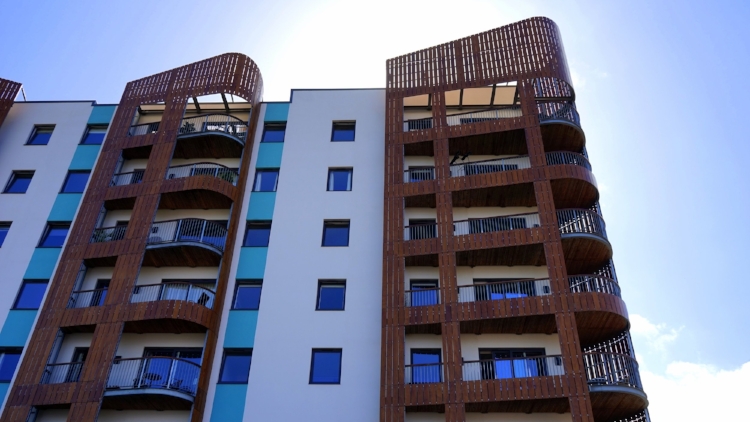You’ve decided to take the plunge and become a homeowner. Congratulations!! This is a huge step and the joys and benefits of homeownership cannot be overstated. But what do you need to consider beyond this point.
First, you should have already run the numbers to understand how much home you can afford. Do not focus solely on the mortgage payment amount. Fixating on a specific mortgage amount from an online calculator or even your lender could lead to a big surprise. That early payment figure may change just after closing. It could go down a few dollars, but chances are it will actually increase slightly due to the timing of closing, final amount borrowed, closing costs, and escrowed items such as insurance and tax. Your mortgage company may escrow your property taxes and pay them when due on your behalf so that you don’t fall behind and find yourself in a situation where your property taxes are unpaid. Some lenders may also escrow your insurance payments and handle those payments as well. If they do not, it’s up to you to keep your insurance and taxes paid up. To truly be ready to buy, any increase should be manageable for you financially and not affect your monthly budget or your emotions. Be sure you understand this going in and that any increase is not unmanageable.
Consider also that owning is very different from paying rent. Rent is usually set for a period of time and you pay that exact amount to your landlord every month. Your rent may, or may not, include utilities, but that’s all you pay. Done! With home ownership, you need to consider that you will in most cases be paying your mortgage payment, home owner’s insurance, property taxes, utilities, possibly HOA fees (homeowner’s association or neighborhood association fees) and all on-going maintenance items. You are now king, or queen, of your castle and its financial obligations are all yours. You don’t call the landlord when the heating system or dishwasher stops working. You call a repair service and you pay the bill.
So that is the first step beyond the numbers, know all of your responsibilities. The second is to know what type of home you want. You need to be honest with yourself and consider whether you want a condo, a single-family home, a planned community, possibly a TIC arrangement (multiple owners share an undivided, fractional interest in a piece of real estate), an urban location, or out in the suburbs. All of these living arrangements can be very different. Spend some time going to open houses and getting a feel for the type of home in which you are most comfortable.
Once you narrow down the type of home you like, start neighborhood shopping. If it is your first home purchase, you may not be able to get exactly what you want, where you want it; especially if it’s a hot neighborhood. Visit your target location during the day, in the evening, and on weekends. Try to talk with neighbors and get their take on the neighborhood. You need to see what the area is like at all times and make sure you are comfortable being there. Consider buying smaller at first, especially if you can’t get into that ideal home and neighborhood. Look a few blocks away or even into the next neighborhood. Being adjacent to your prime area may pay off over time as the surrounding areas rise in value. One note about buying small, don’t buy too small; your home should be rightsized to meet your current needs.
Be passionate, but don’t romanticize buying your first place and never fall in love with the first home you see that is nicer than your current living arrangement. You need to really shop around and not overpay just to secure a home. Overpaying could put you in financial jeopardy if you find out three months in that you cannot handle the mortgage, taxes, insurance, and upkeep on your dream property. This is known as being house poor when you spend too much of your income on a home and lack resources to live comfortably and be able to save for retirement, take vacations, and meet other financial goals and needs.
Finally, don’t rush! Set a longer timeline than you think you will need and start saving extra money well ahead of the purchase target date. You should even try making your future mortgage payment before you buy. Start with your rent and add any extra amount you would need so it equals the projected future mortgage payment. Next, add an amount for insurance and property taxes. You can find annual estimates and divided by twelve and add that amount to the projected mortgage. If this wreaks havoc with your budgeting you may not be ready to own a home.
As an independent Certified Financial Planner™, I can help you prepare for buying a home. Contact me and let’s get started! #talktometuesday #firsthome #homebuyer #house #condo #Hireaplanner #income #cash #CFPPro #housepoor #neighborhood



